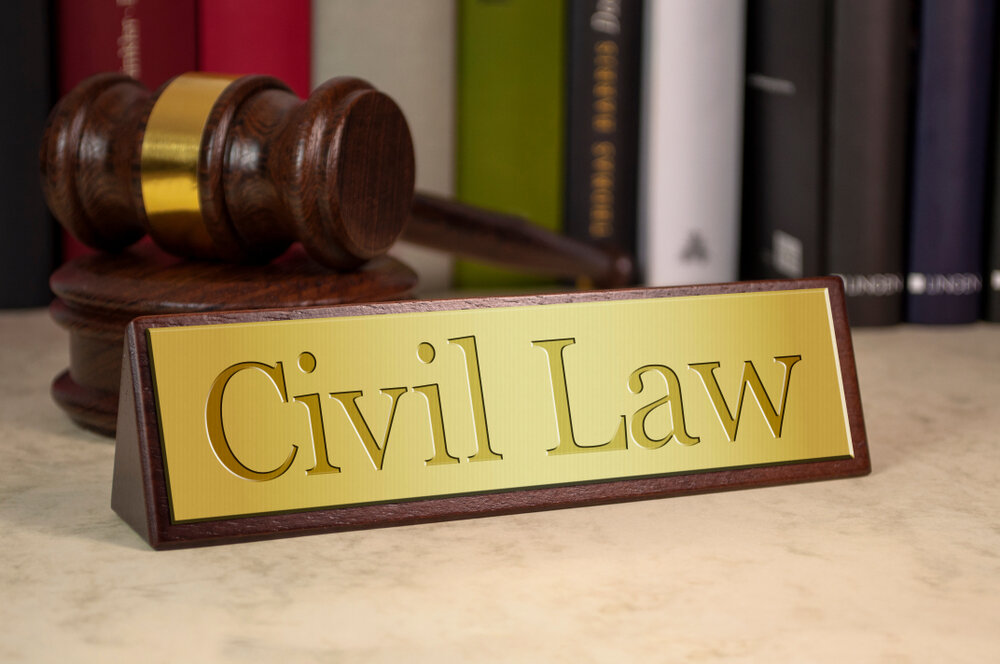As an inmate representing yourself (pro per) in a civil case, being physically or virtually present at your court hearings is essential to ensure your voice is heard. In California, both state and federal courts recognize your right to participate in your case, but securing your attendance requires proactive steps. This guide explores all the ways—conventional and creative—to ensure you’re present at your hearing.
1. File a Motion for Transportation (State Court)
If your hearing requires physical attendance, you can request transportation from the correctional facility to the court.
- Steps to File:
- File a Motion for Order to Transport with the court handling your case.
- Include:
- Your name, inmate number, and case information.
- The date, time, and location of the hearing.
- A request for the sheriff or corrections department to transport you.
- Relevant Law:
- California Penal Code § 2625 governs an inmate’s right to appear in court for certain matters. If your case involves parental rights, marital dissolution, or similar issues, this code supports your attendance.
- Tips:
- File the motion well in advance of the hearing (at least 30 days).
- Follow up with the court and your facility to confirm arrangements.
2. Request a Writ of Habeas Corpus Ad Testificandum (Federal Court)
For federal cases, you can request a Writ of Habeas Corpus Ad Testificandum, a court order requiring your physical or virtual presence.
- Steps to File:
- Submit a written motion to the federal court.
- Explain why your attendance is necessary and include case details.
- Request the writ for transportation or a virtual appearance.
- Tips:
- Highlight your role as a pro per litigant and the need to represent yourself effectively.
- Provide enough lead time for the court to issue the writ and arrange logistics.
3. Request a Virtual Appearance
Many courts now offer virtual hearings via platforms like Zoom or Microsoft Teams. This can be a practical alternative to in-person attendance.
- How to Request:
- File a motion requesting a virtual appearance due to your incarceration.
- Specify that this will reduce logistical burdens and ensure timely participation.
- Relevant Law:
- California Rules of Court, Rule 3.672 allows remote appearances in civil cases if approved by the court.
- Tips:
- Ensure the correctional facility has the necessary technology (computer, webcam, and internet).
- Test the system in advance, if possible.
4. Notify the Court and Opposing Party of Your Status
Courts and opposing parties may not automatically know you’re incarcerated.
- Send a Letter: Notify the court and opposing party of your incarceration and your intent to participate in the hearing.
- Provide Contact Information: Include your inmate number, facility name, and mailing address to ensure you receive notices promptly.
5. Request a Continuance If Necessary
If transportation or virtual access cannot be arranged in time, request a continuance to reschedule the hearing.
- Steps to File:
- File a Motion to Continue with the court.
- Explain the reason for the request (e.g., lack of transportation or virtual access).
- Tips:
- Submit this request as early as possible to avoid delays.
- Provide alternate dates when you are more likely to secure attendance.
6. Collaborate with the Facility
- Speak with Facility Staff:
- Request assistance from your caseworker, counselor, or legal coordinator in arranging transportation or virtual access.
- Provide them with copies of court orders or motions related to your hearing.
- Use the Law Library:
- Many correctional facilities have legal resources or staff who can help you draft motions or find applicable legal precedents.
7. Reach Out to Advocacy Organizations
Nonprofits and legal aid organizations often assist inmates in navigating the judicial system.
- Examples:
- The Prison Law Office (California).
- Legal Aid at Work.
These organizations may provide guidance, templates, or even advocate on your behalf.
8. Communicate With the Judge’s Clerk
Call or write to the judge’s clerk to confirm the hearing details and discuss your attendance plans. While they cannot give legal advice, they can provide procedural guidance.
9. Explore Creative Solutions
- Depositions Instead of Hearings:
- If your appearance isn’t essential, you might request to provide testimony via deposition before the hearing.
- Written Submissions:
- Ask the court if you can submit a written declaration or brief in lieu of attending the hearing.
10. Stay Persistent and Follow Up
- Check for Updates:
- Regularly check with facility staff and the court for updates on transportation or virtual arrangements.
- Document Your Efforts:
- Keep records of all filings, correspondence, and conversations to demonstrate your diligence.
Conclusion
As an incarcerated pro per litigant in California, ensuring your presence at a civil court hearing requires careful planning and proactive measures. By filing the appropriate motions, leveraging available resources, and staying persistent, you can overcome logistical challenges and effectively represent yourself.
For additional support, reach out to advocacy organizations or consult the legal resources available in your facility.
***
Disclaimer: This information is provided for educational purposes only and should not be construed as legal advice. For personalized legal guidance on third-party insurance claims or related matters, consult with a qualified attorney familiar with the law in your jurisdiction.

